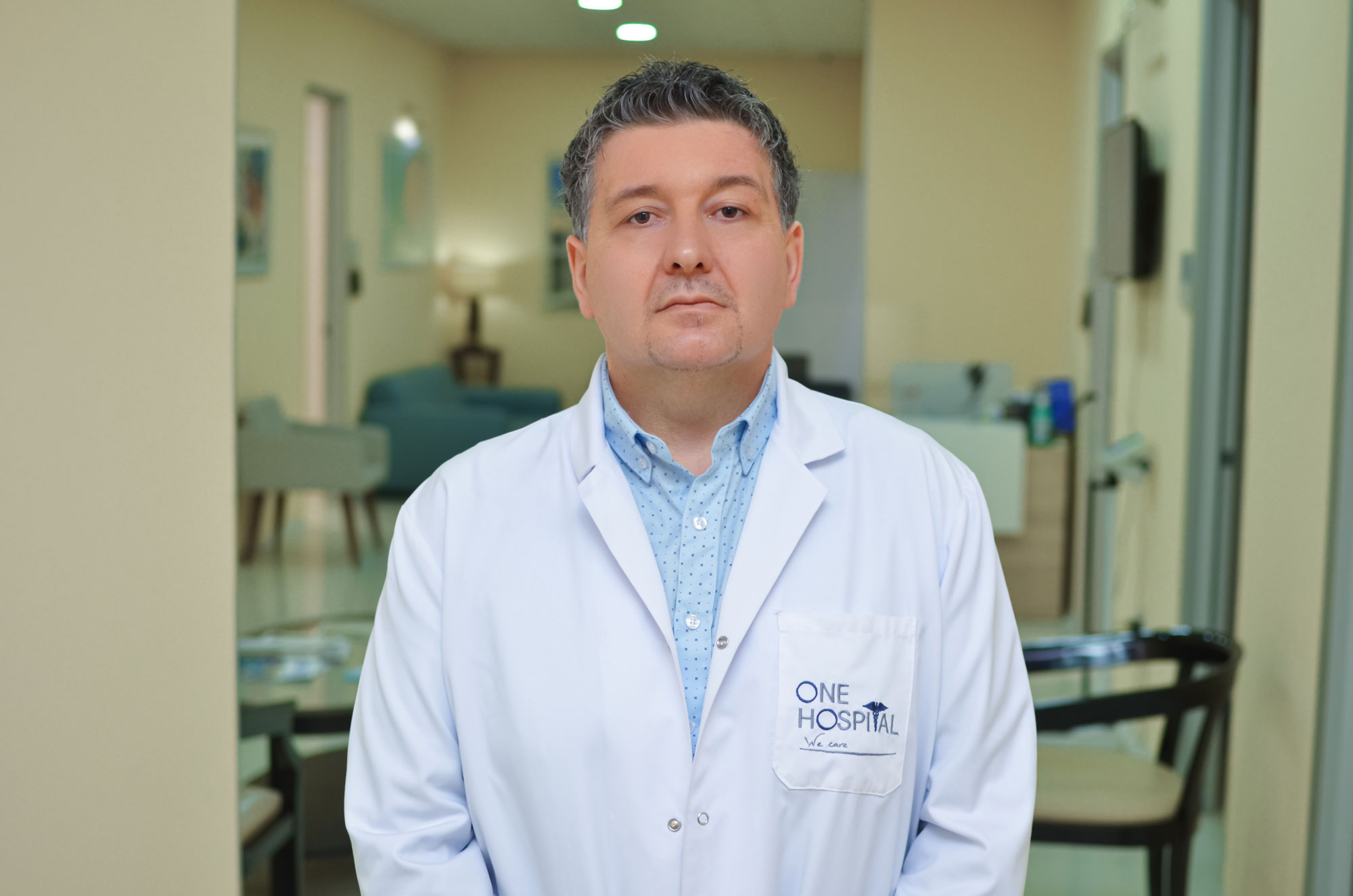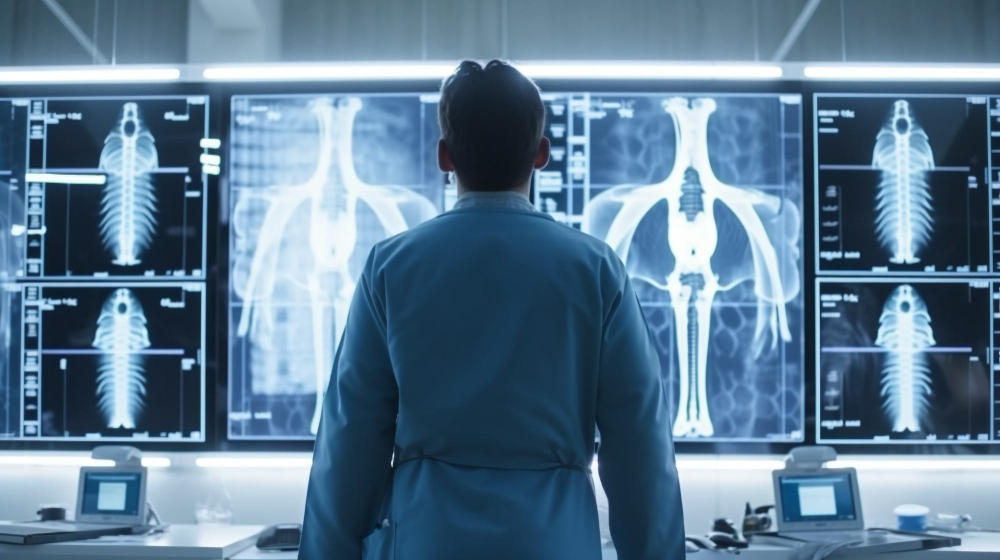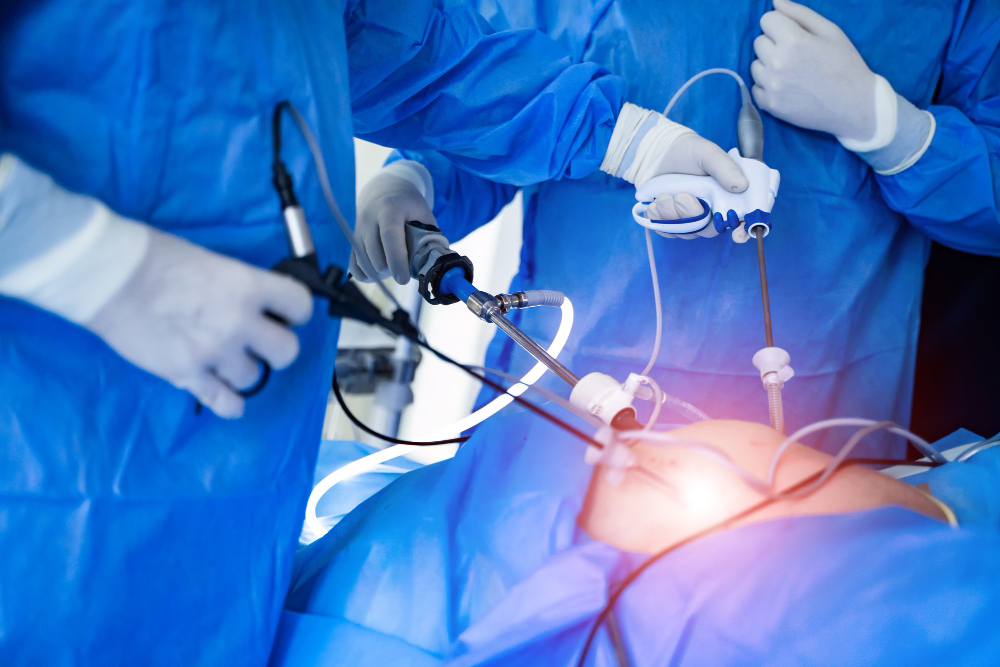Your doctor will use cystoscopy to examine the inside of your bladder and urethra. The bladder stores urine until it is expelled from the body through the urethra.
A urologist, or specialist in the urinary tract, performs a cystoscopy. For the procedure, your doctor uses a cystoscope, a lighted tube the size of a pencil with a camera, or a viewing lens. Cystoscopy helps specialists diagnose and sometimes treat urinary tract problems.
Your doctor may recommend cystoscopy if you have:
- Problems with bladder control, such as urinary retention (inability to empty the bladder completely) or incontinence (inability to control urine flow).
- Bladder stones.
- Blood in the urine (hematuria).
- Common urinary tract infections (UTIs).
- Painful urination.
Why do doctors perform cystoscopies?
Urologists use cystoscopy to diagnose and treat urinary tract problems. Cystoscopy can diagnose Bladder cancer or urethral cancer.,Bladder stones, Bladder control problems.
Your doctor may also use a cystoscope to:
Obtaining urine samples from the ureters (ducts that carry urine from the kidneys to the bladder).
Dye injection for an X-ray procedure that monitors urine flow.
Injecting drugs to stop the flow of urine. Removal of bladder stones, abnormal tissue, polyps, or tumors.
Treatment of urethral strictures (narrowing) or fistulas (holes that form between two areas).
There are two types of cystoscopes. Your doctor will use the one that works best for your specific procedure.
Solid: These cystoscopes do not bend. Your doctor may pass instruments through a tube to perform biopsies or remove tumors.
Flexible: Your doctor can use a flexible band to examine the inside of your bladder and urethra and make a diagnosis.
PREPARING:
Depending on the cause of the cystoscopy, you may have an outpatient procedure (go home the same day) or spend the night in the hospital.
For most diagnostic procedures, your doctor uses a gel so that you do not feel pain in the urethra. For more invasive treatment, during cystoscopy, you may need sedation or general anesthesia.
Give a urine sample on the day of the procedure to check for UTIs. If you have an infection, you will need treatment before having a cystoscopy.
Urinate immediately before the procedure. Bring an updated list of medications and supplements. Stop taking blood-thinning medications, such as aspirin and warfarin, but check with your doctor before doing so.




